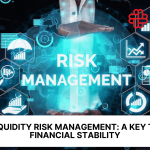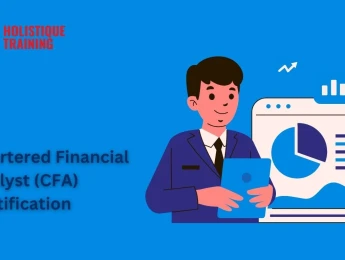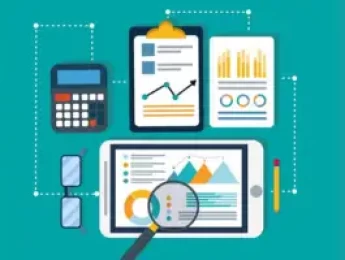In today’s society, it isn’t just income and profit that make a business successful. A company’s external reputation from consumers, knowledge of the wider market and competitors, or even its reputation as an employer is highly regarded. These things and finances help the company grow its reach and turnover equally.
However, these new performance metrics come with challenges. It’s easy to monitor profits and losses to understand a company’s success. However, monitoring intangible performance and assets using data or typical key performance indicators is a little more difficult.
To resolve this, businesses can use scorecards to prove their positive performance and flag any potential problems to work on for continuous improvement.
A balanced scorecard can focus on recruitment, organisational development, future goals, strategic planning, prioritisation, and automation. It will show your progress throughout any changes and projects you complete and act as a real-time record of your business achievements.
Upon completion of this course, participants will be able to:
- Understand how a scorecard can help you track performance.
- Provide balanced data from a scorecard to attract investors.
- Create a project plan for the future based on scorecard metrics.
- Constantly review your scorecard performance and metrics to aim for continuous improvement.
- Advertise and promote your scorecard to improve your reputation as an employer and forward-thinking business.
- Overcome challenges based on scorecard data.
- Forecast and predict future trends in the market using scorecard changes.
- Develop performance management strategies, policies, and procedures based on your areas of concern.
This course is designed for anyone planning projects or maintaining service levels in a successful and profitable business. It would be most beneficial for:
- Business Owners
- Directors
- Executives
- Bid Writers
- Project Planners
- Performance Managers
- Operations Managers
- Data Analysts
- HR Professionals
This course uses various adult learning methods to aid complete understanding and comprehension. Participants will enter into group discussions to determine the most potent scorecard metrics for their business and create a journey map to display these monitors' impact.
They will view scenario-based videos to see the impacts of scorecard measurement within successful businesses and understand how these changes can reflect well on the company externally. Participants will then work together to create a project plan for their companies to roll out the new scorecard and set up intervals or measurements to aim for continuous improvement.
Day 5 of each course is reserved for a Q&A session, which may occur off-site. For 10-day courses, this also applies to day 10
Section 1: Introduction To Scorecard Management
- Scorecard layout and expectations.
- Understanding scorecard benefits.
- How a scorecard can affect your schedule and agenda.
- Project planning based on scorecard data.
- The definition of a successful scorecard.
- Case studies of scorecard developments.
- Performance measurements.
Section 2: Building Your Scorecard
- Reviewing your performance management procedures.
- Developing your balanced scorecard, origins, and history.
- Undertaking a scorecard change and process.
- BSC vs. other performance management systems.
- Similarities and differences in scorecard management.
- BSC advantages both internally and externally.
- Private and public sector changes.
- The 9 steps to building and implementing your scorecard.
- Assessments and strategy and mapping.
Section 3: Scorecard implementation
- An effective scorecard learning format.
- Strategy alignment.
- Implementation of the scorecard system.
- Automation and feedback on scorecard performance.
- Transforming data and predicting future trends.
- Cascading your development project within your organisation.
- Resource decisions and strategy.
- Using your data to improve operational performance.
- Running recruitment through your scorecards.
- Managing software options and automation.
- Your learning and development.
Section 4: Change Management & Internal Communication
- Internal communication and battling challenges.
- Motivation focused on scorecard performance.
- Your internal change journey.
- Considering sustainability processes.
- Communicating results.
Section 5: External Scorecard Management & Process Building
- Basic facilitation management.
- Decision-making and implementation.
- Presenting results to external stakeholders.
- Developing an external reputation.
- Process building for the future.
- Assessing market trends.
- Scorecard management in your business.
- Measuring and monitoring data.
- Accurate record-keeping to enact change.
Upon successful completion of this training course, delegates will be awarded a Holistique Training Certificate of Completion. For those who attend and complete the online training course, a Holistique Training e-Certificate will be provided.
Holistique Training Certificates are accredited by the British Assessment Council (BAC) and The CPD Certification Service (CPD), and are certified under ISO 9001, ISO 21001, and ISO 29993 standards.
CPD credits for this course are granted by our Certificates and will be reflected on the Holistique Training Certificate of Completion. In accordance with the standards of The CPD Certification Service, one CPD credit is awarded per hour of course attendance. A maximum of 50 CPD credits can be claimed for any single course we currently offer.
- Course Code MG2-141
- Course Format Classroom, Online,
- Duration 5 days














